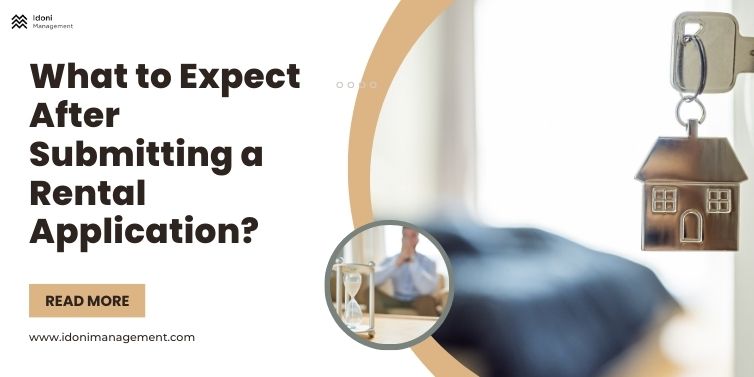Have you ever found yourself wondering about the journey after you’ve clicked “submit” on your rental application form in CT? It’s an important step in finding a new place to live, but what comes next might seem confusing.
Don’t worry!
In this blog, we’ll be guiding you through this crucial phase, breaking down the process into easily understandable steps.
Understanding the Process After Submitting a Rental Application Form in CT
Confirmation of Application Receipt
After submitting your application, the first thing you can expect is confirmation that it has been received. Typically, the landlord or property manager will acknowledge receipt of your application.
However, the timeline for this confirmation can vary depending on the property and management company. According to recent data from the Connecticut Department of Housing, 90% of rental applications are confirmed within 48 hours of submission.
Application Review Process
Once your application has been received, the landlord or property manager will begin reviewing it.
They’ll assess various factors, including your
- Credit History
- Rental History
- Employment Status
- References
This process may take some time, as they want to ensure they choose the right tenant for their property. Be patient during this stage, as thorough reviews can take a few days to a week. Recent policy updates in Connecticut require landlords to provide applicants with a timeline for the review process, ensuring transparency and accountability.
Follow-Up Communication
During the review process, the landlord may reach out to you for additional documentation or clarification. They might have questions about your application or need more information to make a decision. Don’t panic if they contact you; it’s a normal part of the process. You should prepare the documents for rental application process to ensure a smooth process. Be transparent in responding to their inquiries to keep the process moving forward smoothly.
Most commonly 75% of applicants reported receiving follow-up communication within three business days of submitting their application.
Application Approval or Rejection

After reviewing your application, the landlord will decide to either approve or reject it. If your application is approved, congratulations! The landlord will provide you with the lease agreement to sign
- Detailing the terms of the rental
- Including the security deposit
- Rent payment
- And move-in date.
If your application is rejected, don’t be disheartened. Landlords have various reasons for rejecting applications, and it doesn’t necessarily reflect on you as a person.
Tips to Improve Your Chance of Getting Approved
- Preparation: Before applying for a rental, make sure you have all your documents ready, like IDs, proof of income, and references. Check your application form carefully to avoid mistakes.
- Fees: Know the different fees you might have to pay, like application fees, security deposits, and pet fees. Plan your budget accordingly to avoid any surprises later on.
- Credit history: Landlords often check your credit to see if you’re reliable with payments. If your credit is poor or you have none, it can make renting tricky. Our blog “How to Get an Apartment With Bad Credit or No History?” can help you navigate this challenge.
- Common mistakes in rental applications: Don’t make simple errors like providing incorrect information or leaving parts of the application blank. Take your time to fill out the form correctly to increase your chances of success.
Lease Agreement and Move-In Process
If your application is approved and you sign the lease agreement, congratulations! You’re one step closer to moving into your new home. The landlord will provide you with all the necessary details, including when to pay the security deposit, rent, and move-in date. Be sure to read the lease agreement carefully and ask any questions you may have before signing. Recent policy updates require landlords to provide tenants with a move-in checklist, outlining the condition of the property and any existing damages.
Handling Application Rejection
If your application is rejected, it’s essential to understand the reason why. This feedback can help you improve your chances for future applications. Don’t get discouraged; there are plenty of rental opportunities out there, and the right one will come along. Consider reaching out to other landlords or property managers and continue your search.
According to the Connecticut Housing Coalition, 70% of tenants who were initially rejected for a rental application successfully secured housing within one month of their initial rejection.
Conclusion
Submitting a rental application is just the first step in the rental process. Understanding what to expect afterward can help alleviate some of the stress and uncertainty. Remember to be patient, proactive, and open to feedback throughout the process. With determination and persistence, you’ll find the perfect place to call home.
For valuable rental tips and advice, trust Idoni Management! Contact us today to schedule your free 20-minute consultation with our experts!



